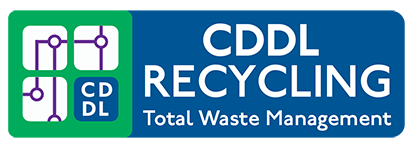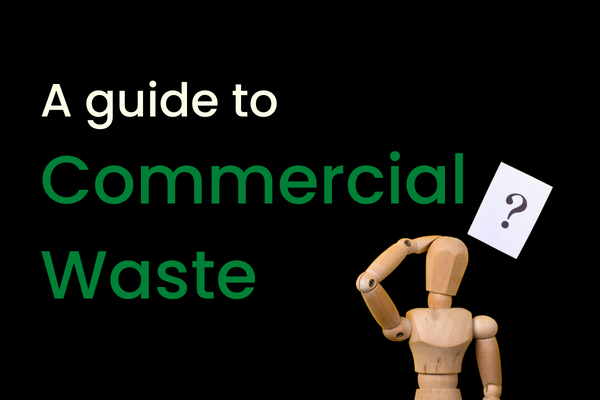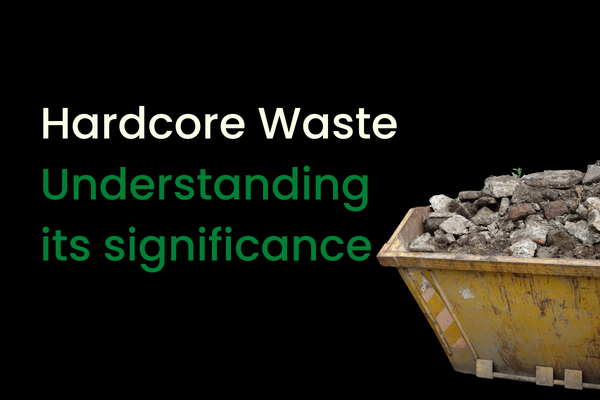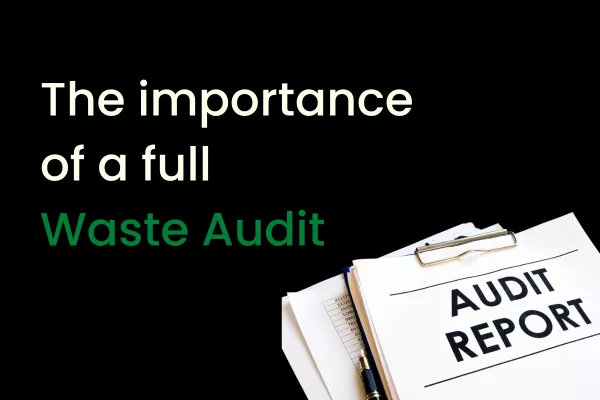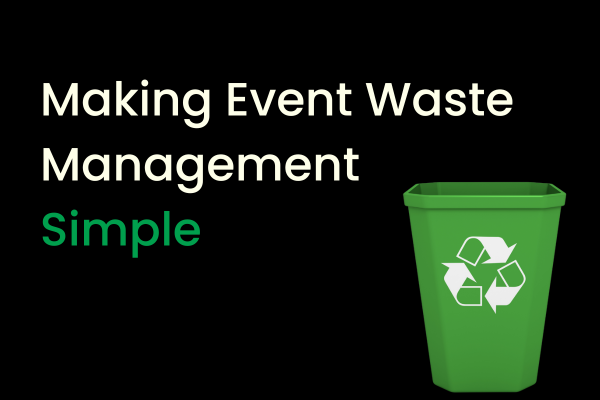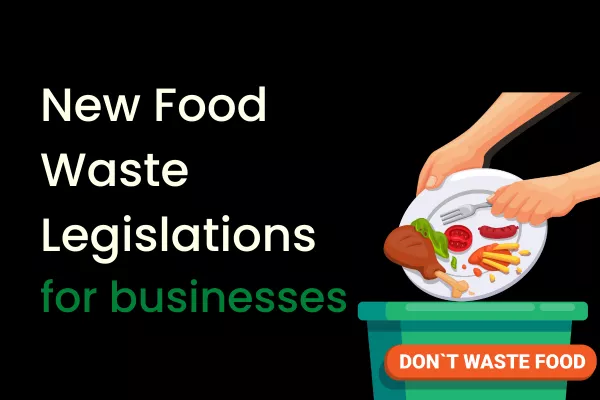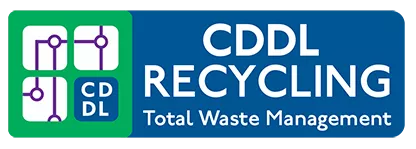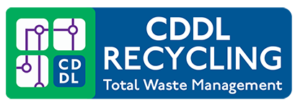What Happens to Your Waste
As our consumption patterns continue to evolve, so does the amount of waste we generate. The management of this waste has become a critical aspect of maintaining a sustainable and healthy business environment.
Often once waste has been collected we don’t give it a second thought. So, what happens?
This article delves into the intricate world of waste management, exploring the common types of waste collected, and what happens after collection
What is a Waste Management Business?
A waste management business is an entity that specializes in the collection, transportation, disposal, and recycling of various types of rubbish generated by households, industries, and commercial establishments. These businesses play a crucial role in maintaining public health and environmental safety by ensuring that waste is handled efficiently and responsibly.
Waste management businesses are equipped with the necessary infrastructure, including waste collection vehicles, disposal facilities, and recycling centers. They work in collaboration with local authorities and follow strict regulations to manage waste in an environmentally sustainable manner.
Common Types of Waste Collected:
Waste management businesses deal with a wide array of waste types, each requiring a unique approach to handling. Some common types of waste include:
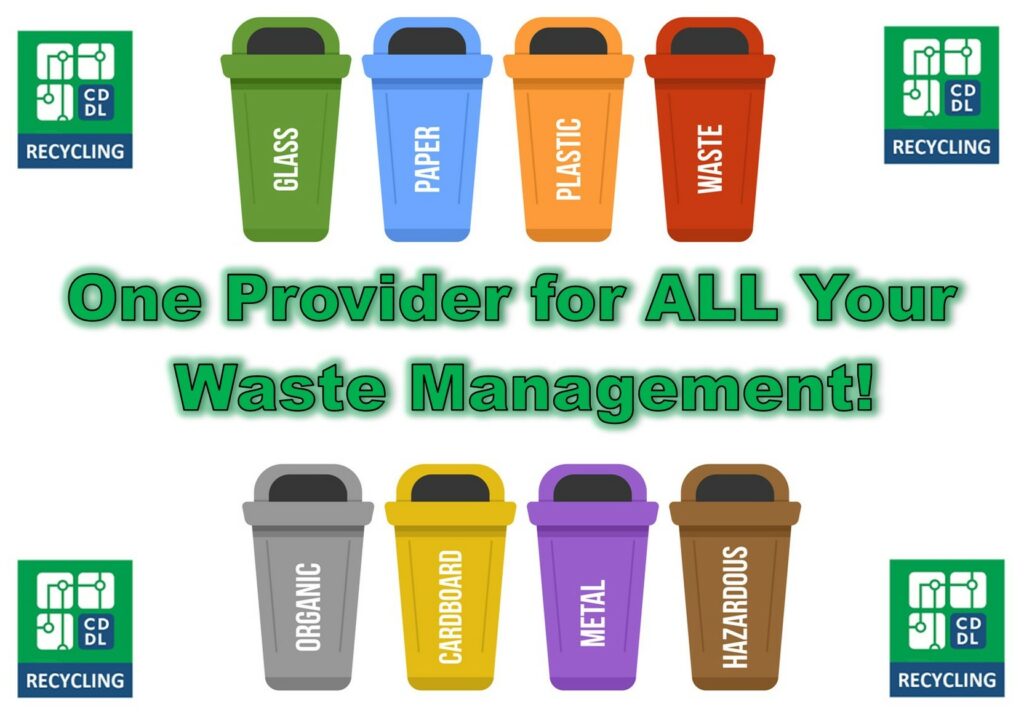
a. General: Everyday household waste, such as packaging, and food waste.
b. Industrial: Generated by manufacturing and industrial processes, including hazardous materials.
c. Electronic (WEEE): Discarded electronic devices like computers, phones, and appliances.
d. Construction and Demolition: Debris from construction sites, including concrete, wood, and metals
e. Hazardous: Materials that pose a threat to human health or the environment, such as chemicals and medical waste.
f. Confidential waste: including sensitive information in paper and electrical form
Does CDDL Recycle?
CDDL, is committed to sustainable waste management practices. We prioritize recycling and reusing materials whenever possible to minimize the environmental impact of waste. CDDL invests in state-of-the-art recycling facilities to process various types of waste, including paper, plastic, glass, and electronic waste.
By incorporating recycling into our waste management processes, CDDL contributes to the reduction of landfill waste and the conservation of natural resources.
How to make the switch to CDDL
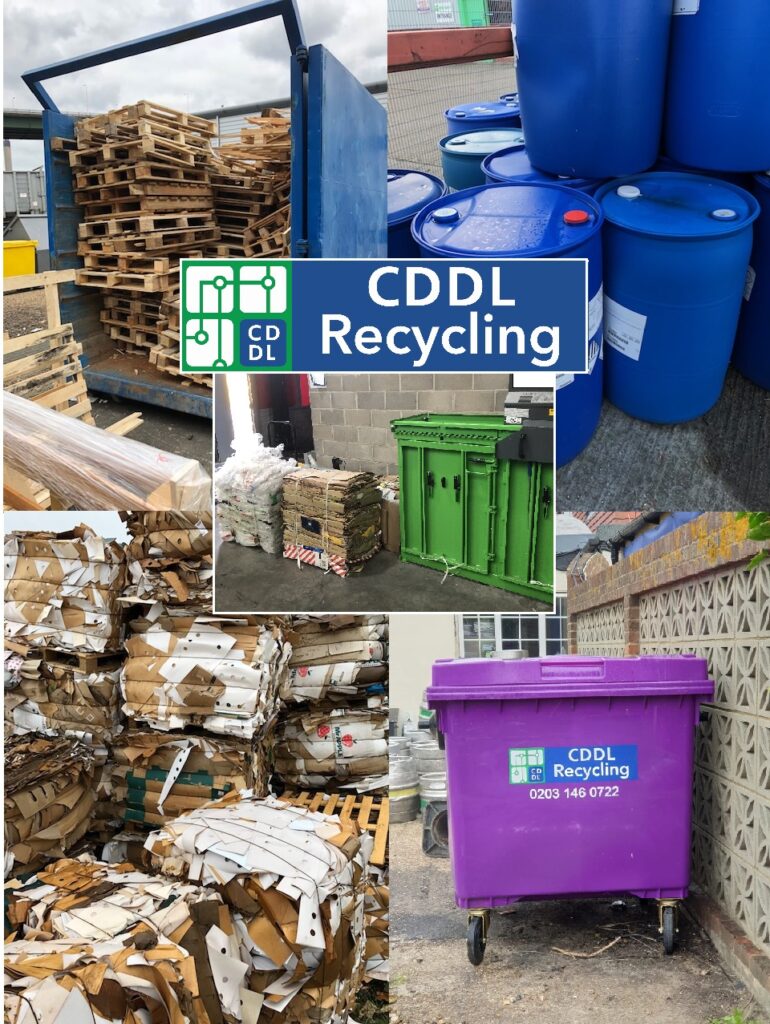
For a total waste management solution that prioritizes environmental sustainability, consider partnering with CDDL. Visit our website or contact to book your free waste audit.
Let’s work together to create a cleaner, greener future.
Enjoyed this article?
Check out the rest of our recycling blogs and follow us on facebook for all of our latest news
